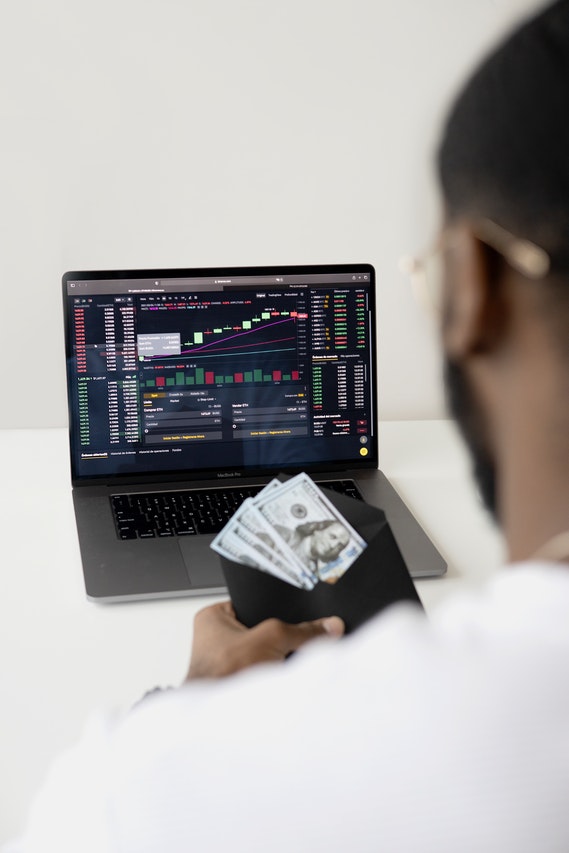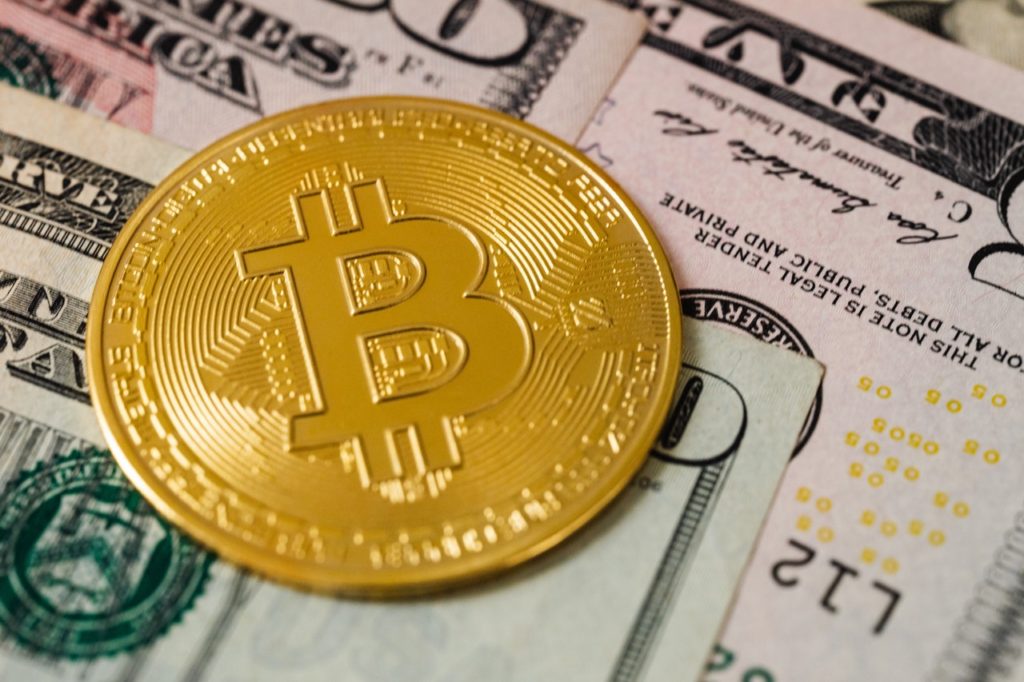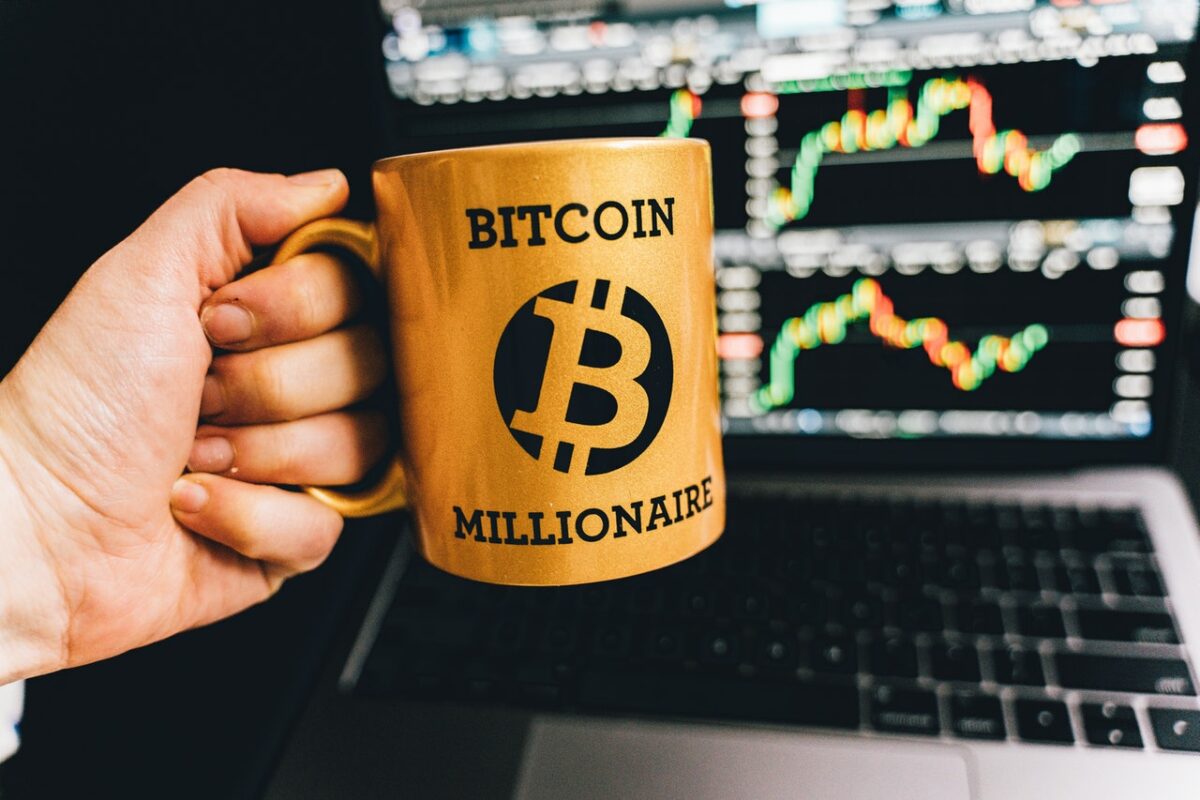Bitcoin is a digital currency that uses peer-to-peer technology to operate with no central authority. Unlike paper money, which can be copied and printed more easily, Bitcoin exists only on the users’ computers. People everywhere use Bitcoin because it allows them to make transactions anonymously.
These characteristics make Bitcoin appealing to users looking to keep their transactions private. Criminals, who want to remain anonymous, also prefer it. Anonymity makes bitcoin popular among individuals and businesses.
Having said all that, let us debunk a few common Bitcoin myths.
Post Contents
- 1 Bitcoin Transactions Are Public And Immutable
- 2 Transaction Fees Aren’t Optional
- 3 There’s No Such Thing As A Bitcoin Bank Or Bitcoin Savings Account
- 4 Bitcoin Scams Are Difficult To Recover
- 5 You Can’t Send Bitcoins Back After You Send Them
- 6 Bitcoin May Be The Future Of Finance, But It’s Not The Wild West That Some People Think It Is
Bitcoin Transactions Are Public And Immutable
One of the most common misconceptions about Bitcoin is that its transactions are private and anonymous. In actuality, each transaction is transparent on the blockchain. That offers access to a wealth of information like date, amount sent/received, fee, etc.
If you’re using a Bitcoin address for receiving payments, anyone can check the flow of money in and out of your account.
Unlike cash purchases, Bitcoin transactions are 100% public knowledge. That might seem like an intrusion on your privacy, but it is vital to ensure transparency.
Transaction Fees Aren’t Optional
With Bitcoin, you can protect your digital assets from hackers and thieves. You don’t have to trust a third party like the US Federal Reserve to manage your money and keep it secure. You must take responsibility for your funds.
When sending Bitcoin to another person, no one can block or reverse the transaction without acknowledging it first. If they do, everyone who has received that Bitcoin wallet address will receive an alert.

Bitcoin can also be traded on an exchange and spendable through an ATM while maintaining complete financial privacy and security because no one can ever tell how much money you have (or how much you’re spending).
There’s No Such Thing As A Bitcoin Bank Or Bitcoin Savings Account
The biggest Bitcoin myth that people are still harboring is the idea that there are crypto banks or crypto savings accounts. Since Bitcoins don’t exist (they’re just transactions on a public ledger), there’s no such thing as a Bitcoin account for storing your coins. If you lose your wallet, which holds your private key, or someone else finds it and takes it, you won’t be able to access that wallet anymore.
Bitcoins don’t have any customer service number you can call to resolve issues with your account. They are more like cash than anything else. They only exist if they’re in circulation. Even then, they’re only valid until somebody decides to send them somewhere else.
Bitcoin Scams Are Difficult To Recover
The truth is that Bitcoin is not a pyramid scheme. If you are worried that you won’t be able to recover your bitcoin if you lose them, we’re here to tell you that’s never going to happen. The money is not being held in a secret account by someone out of reach—it’s stored in the public ledger of every bitcoin transaction ever made. It’s available for anyone on the web to see—all they have to do is look at all the blocks of data so far added up and retrieve it from there.
Of course, this ledger gets huge, so it takes a while for it to load when you go looking for your lost bitcoins. Always remember that if your computer crashes or some other technical problem occurs and your recovery options don’t work anymore, don’t panic: all your coins are still safe on this ledger until they are transferred off of it into an actual wallet (which can be done from an email address or even from a website address!).
You can, however, reach out to fund recovery services to recover scammed bitcoin. They will work with you, gather necessary evidence, and then confront the entities who scammed you. In doing so, they can help you recover lost funds.
You Can’t Send Bitcoins Back After You Send Them
The most common misconception about Bitcoin is that it’s a physical currency, like coins and bills. While it’s true that you can represent your Bitcoins in physical form by printing them out on paper or saving them on a USB stick, they’re not physical anymore than your bank balance is.
What makes Bitcoin unique is how it handles transactions, which are conducted entirely online. In other words, you aren’t sending real coins—you’re sending digital exchanges of value.
If this sounds like an odd system for doing business, consider where credit cards have taken us: accepted in nearly every country in the world and nearly every store in existence, yet prone to theft and fraud with virtually no recourse for recovery. The system we’ve been using for handling money online has proven shaky at best; perhaps it’s time for something new.

One of the biggest benefits of Bitcoin is its security as a payment method. Since all transactions are done digitally, there are fewer opportunities for fraud compared to credit cards and checks. However, this doesn’t mean that Bitcoins are immune to theft altogether. Like anything digital these days, hackers can steal them if you don’t take the necessary precautions.
Once again we see how technology moves forward while leaving us exposed. It seems we’ve become so obsessed with staying connected at all times that we’ve left ourselves vulnerable to malicious forces.
Bitcoin May Be The Future Of Finance, But It’s Not The Wild West That Some People Think It Is
Bitcoin is a digital currency, which means it’s more secure than a regular paper currency and safer (you don’t have to worry about the government stealing the money from your account). Bitcoins can be transferred instantly across borders and through different currencies, giving you the ability to make purchases in foreign countries while maintaining financial privacy.
It’s important to note that bitcoin is not run by a single party or entity. Bitcoin isn’t owned by anyone—it’s generated by computer algorithms. At any given time, bitcoins are created at no cost as a reward for keeping an electronic ledger of all bitcoin transactions called the blockchain.
The other difference between Bitcoin and traditional money is that no central authority is backing up the network. Instead, there are thousands of computers around the world verifying the transactions.
Those were the most common Bitcoin myths debunked. So, the next time someone brings them up, let them know that these are nothing but myths.






























